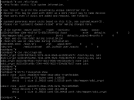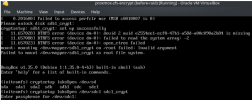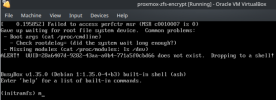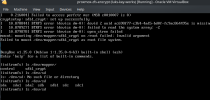Currenly i have one 120GB SSD for root@LVM + separate encrypted /var partition which also contain key to unlock my second drive for VMs. VAR is encrypted with LUKS2 and yubikey. When i reboot machine i just blindly stick my yubikey, wait until it starts to blink, touch it by finger and it continues to boot. This works well, no keyboard and screen needed.
But 120GB disk starts to die. I need to replace it. But this time i would prefer to use some mirror raid - to be able to easily swap drive in case of similar situation in future.
The easiest way would be to just take some hw raid controller and install proxmox on top of it. But i don't have PCI-E on this server so i need to use software raid -> ZFS is the only viable candidate i think? AFAIK proxmox installer does not have encryption options. So i need to install Debian first. I assume that i'll create separate /var dataset with encryption. But i want to use autodecryption - yubikey, key on pendrive, clevis&clang - which of those will be most strightforward and stable (ive read somewhere that clevis can break during updates?)
Yeah ... welcome to my "rabbit hole" ...
But 120GB disk starts to die. I need to replace it. But this time i would prefer to use some mirror raid - to be able to easily swap drive in case of similar situation in future.
The easiest way would be to just take some hw raid controller and install proxmox on top of it. But i don't have PCI-E on this server so i need to use software raid -> ZFS is the only viable candidate i think? AFAIK proxmox installer does not have encryption options. So i need to install Debian first. I assume that i'll create separate /var dataset with encryption. But i want to use autodecryption - yubikey, key on pendrive, clevis&clang - which of those will be most strightforward and stable (ive read somewhere that clevis can break during updates?)
Yeah ... welcome to my "rabbit hole" ...
Last edited:





